The English language is constantly changing, with new words, phrases, and slang terms added to the dictionary every year.
Despite an ever-shifting linguistic landscape, however, it's still surprising when some words and phrases become so outdated that our student population does not recognize them or understand what they mean anymore.
Idioms and figurative language seem to be becoming particularly problematic, as they might be interpreted as racist or in other ways divisive when taken at face value, rather than in their figurative nature.
A Gen-Xer and middle school teacher, for example, was surprised when their students did not know the saying, "the pot calling the kettle back."
It's a throwback to when food was predominantly cooked in large pots and kettles over a fire, leading both items to be covered in soot. When the pot calls the kettle "black" for being covered in soot, it's ironic, hypocritical, and even humorous, because the pot is also covered in soot, and therefore "black," making its observation a moot point.
Gen-X teacher and Redditor ascaffo recounted:
"Yesterday, I used an old adage with my sixth graders, 'Pot calling the kettle black.' It did not go well."
The Original Poster (OP) wrote:
"I have a great relationship with my students. We learn. We laugh. We have fun."
"Yesterday, a girl called out a student for not minding his business."
"I quickly quipped, 'Isn't that the pot calling the kettle black?'"
"She looked at me, horrified, and then looked over at one of my Black students."
The OP was surprised by the direction the interaction took.
"Two thoughts went through my mind in an instant. First, How could that possibly be interpreted as racist? Second, How have they never heard that before?"
"With my inner dialogue wrapped up, and still looking at her, I asked, 'You've never heard that before?'"
"I looked at everyone and repeated the question. Nope. None of them. So, I explained it."
"We talked about cast iron and the 'really old days.' Some understood. Some didn't. She didn't. At least everyone understood that it wasn't racist."
"We were losing instructional time at this point. So I finally told her that she is the last person who should be calling someone out for not minding their own business. This, she understood."
"Inside, I was like, 'What the f**k just happened?!'"
The OP also later added that they had not explored idioms and figurative language yet but would in later units.
"This conversation came ahead of our unit that focuses on figurative language. We will discuss it in depth but haven't gotten there quite yet. Figurative language is important. It encourages students to analyze."
"Also, my comment was intended to be funny with snarky. I balance snarky with sweet. My students know who I am. So do their parents."
"My reputation in our district makes me proud. I'm a lot of things. Disrespectful is not one of them. For that matter, racist isn't either."
You can see the original Reddit post here:
Yesterday I used an old adage with my 6th graders. Pot calling kettle black. It did not go well.
byu/ascaffo inGenX
Some empathized with the OP's experience.
"A few weeks ago, my 33-year-old son was b***hing about something that I do. He does the same d**n thing, so I said, 'Hi pot, meet kettle.'"
"He had no idea what I was talking about. He's THIRTY-THREE." - omfgwhatever
"Yesterday, I explained to a 36-year-old MAN what 'out of the frying pan and into the fire' meant."
"He also thought the saying was, 'out of the frying pan and into the oven' and asked if it was something about searing steak." - TechInventor
"A good friend of mine’s ex had never heard of ‘The Boy Who Cried Wolf.' Not just the children’s story, but the expression."
"He is in his fifties, and the book was written EXACTLY for him." - tuttyeffinfruity
"Using figurative language, idioms, and peppering with synonyms and antonyms is incredibly important for children to hear. It’s critical that the grown-ups they live with basically orate their thoughts and actions."
"This is how they learn so, so much. Not just grammar, semantics, language, correct verb conjugation, but executive functioning! Children today do not have the background knowledge that we all obtained by routine conversations and experiences."
"Their vocabulary and command of the English language are so much more limited than ours." - GarfieldsTwin
"This is a daily struggle for me as a parent. 'What do you mean they have never taught you??' 'Oh, you mean I am 'they'?'"
"There aren't enough hours in the day for me to teach them all the things. I'm sure that's true for teachers too... at this point, I am going with the Dory theory: just keep swimming." - MexicanVanilla22
Others shared similar misunderstandings they'd had with their children and students.
"I told my five-year-old it was time to hit the road. She informed me, calmly but firmly, that we do not hit in this house." - ChefAaronFitz
"Every time I say I’m running to the store, my daughter quips, 'Wouldn’t it be faster if you drove?'" - CosmicCrisp11
"My 19-year-old son was leaving the house and said to me, 'Well… I’m gonna hit the hay.'"
"And I had to make him wait while I collected myself and explained the difference between 'hitting the hay' and 'hitting the road.'" - ProseccoWishes
"When I was a kid, I had a stutter, and some adult told me to 'just spit it out,' and I was like, 'I’m pretty sure my mom would get mad if I spit on the floor, especially since we’re in church right now.'" - Barbarossa7070
"I've had to educate a number of younger people about, 'Pardon me, do you have any Grey Poupon?' They literally have all the old commercials up on YouTube. What a world we live in."
"But the one that takes the cake was when I went to a Chinese restaurant with my mom. We were standing at the buffet, and the beef and broccoli was all broccoli. I figured this was a perfect opportunity to use, 'Where's the beef?' and mean it."
"Unfortunately, one of the employees heard me. He was a young man who was actually from China and had obviously never seen those commercials. So he got all apologetic and ran back to the kitchen to make some more beef. Later on, he brought a whole plate of beef to our table."
"I kind of wanted to disappear into the floor. I didn't want to explain the joke to him and make him feel worse. It was really good beef, though." - Onyx_Lat
It's fascinating to see how our language continues to change and how it impacts the ways we communicate.
However, the generational divide seems to be widening when it comes to our pop culture references and idioms of choice, which might make it more likely for us to miscommunicate and even totally misinterpret and offend one another.




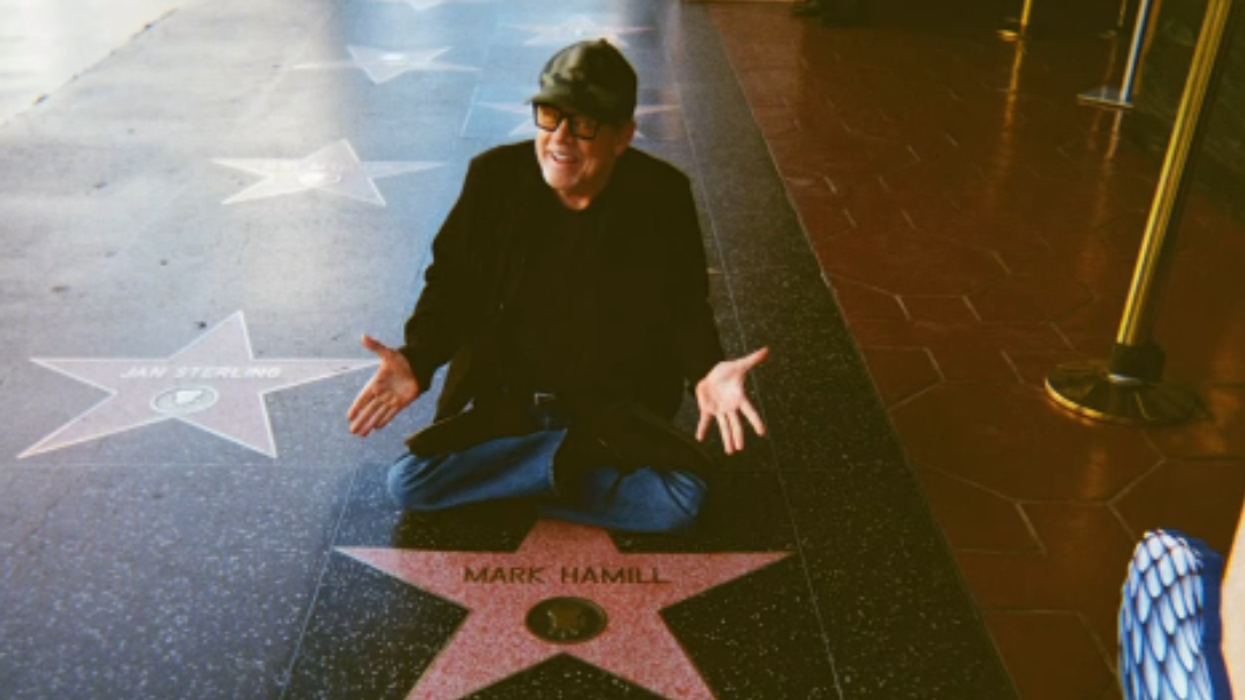



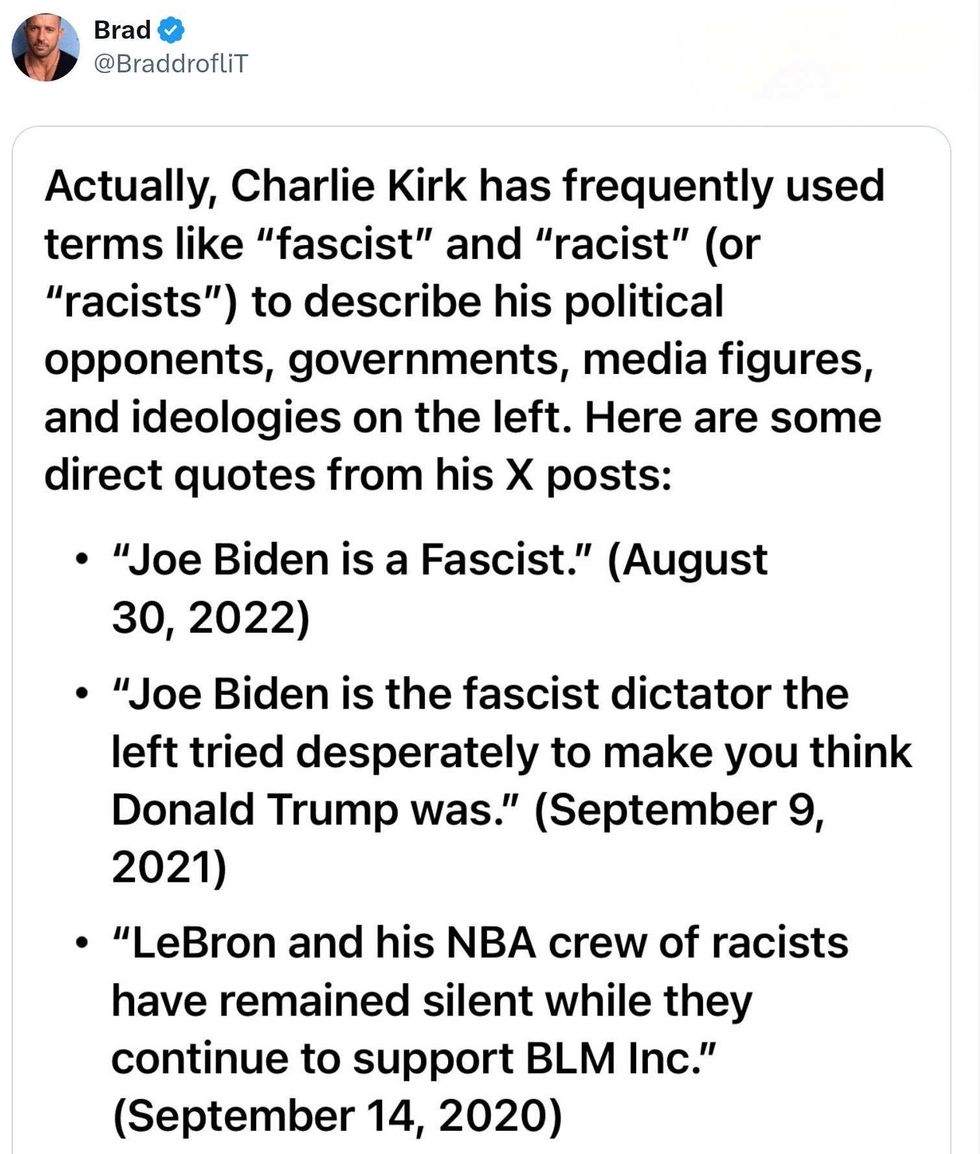
 Replying to @StefanMolyneux/X
Replying to @StefanMolyneux/X Replying to @StefanMolyneux/X
Replying to @StefanMolyneux/X Replying to @StefanMolyneux/X
Replying to @StefanMolyneux/X Replying to @StefanMolyneux/X
Replying to @StefanMolyneux/X

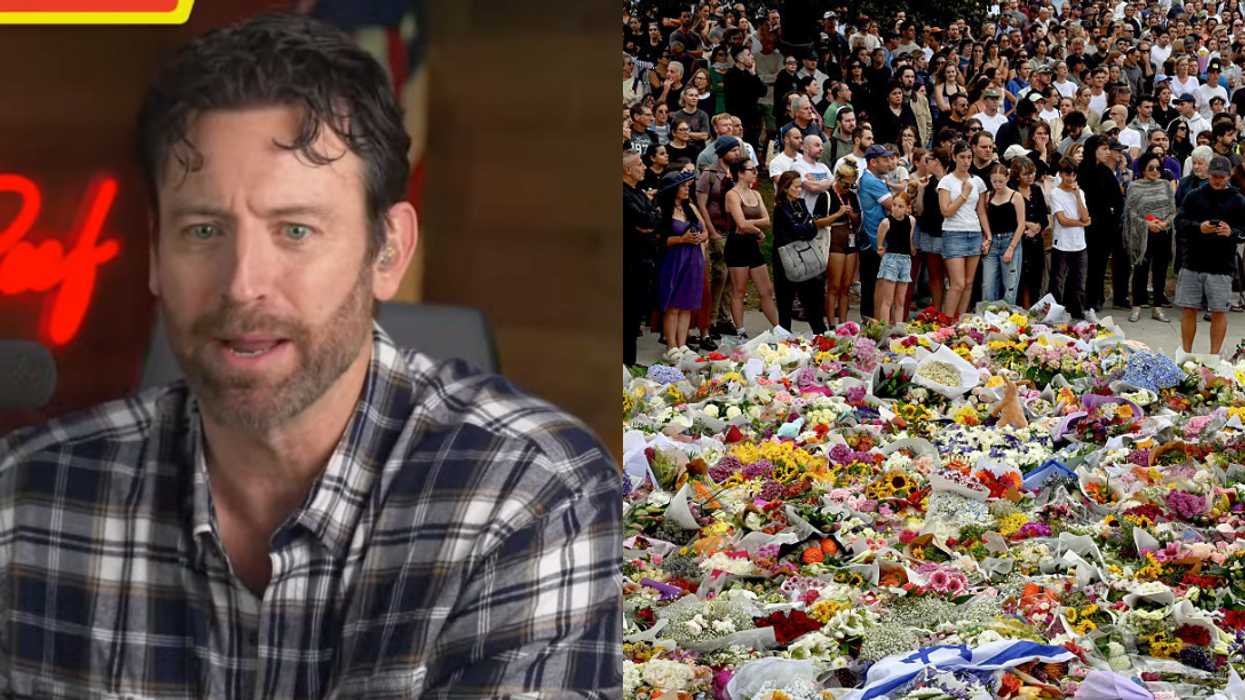

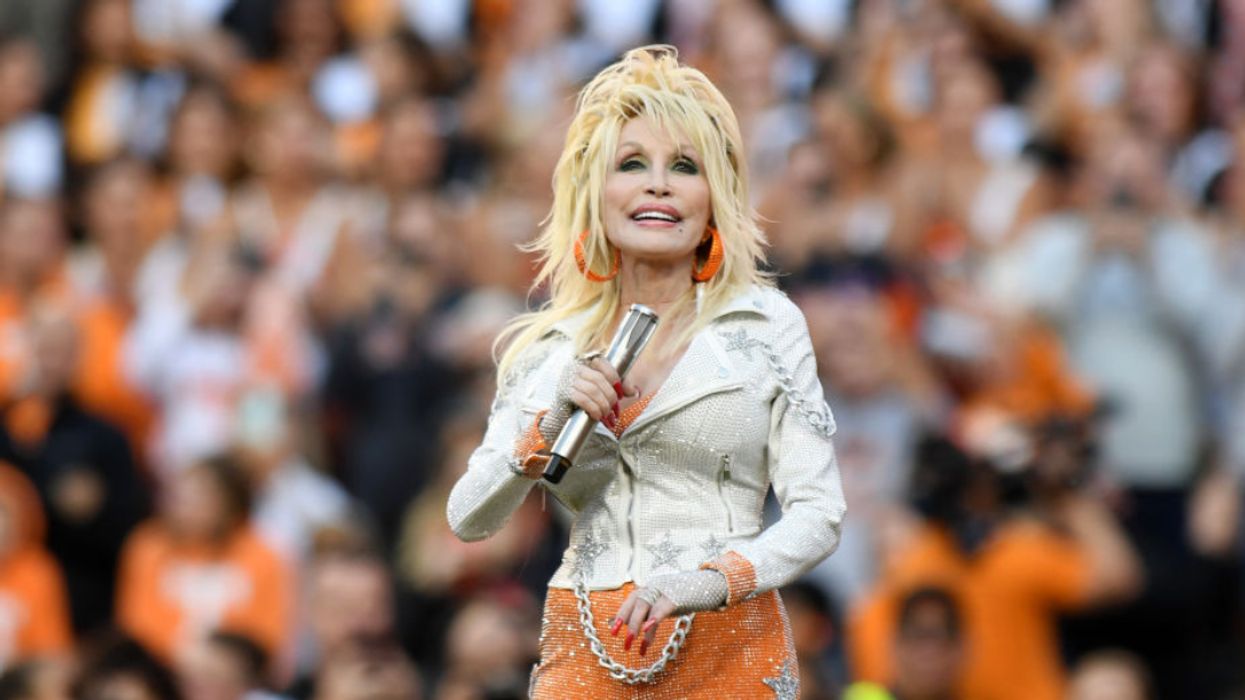




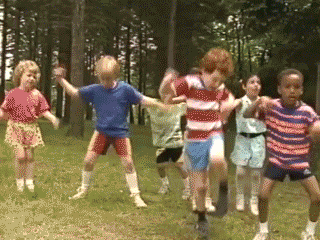 Playing Happy Children GIF by MOODMAN
Playing Happy Children GIF by MOODMAN 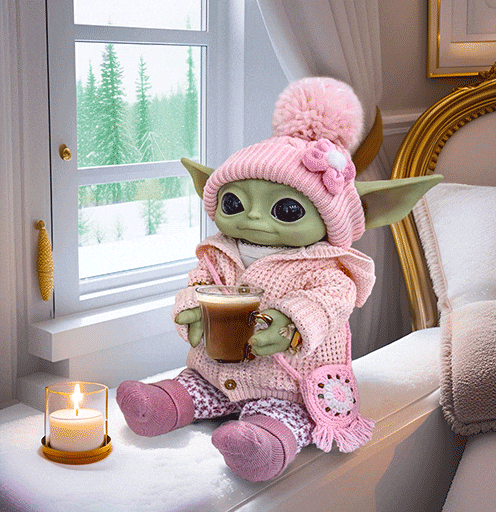 May The Fourth Be With You
May The Fourth Be With You 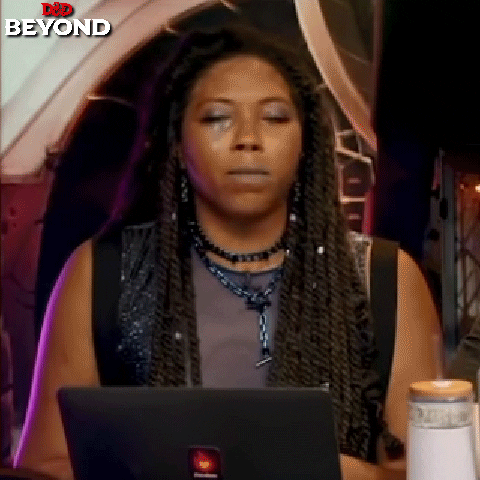
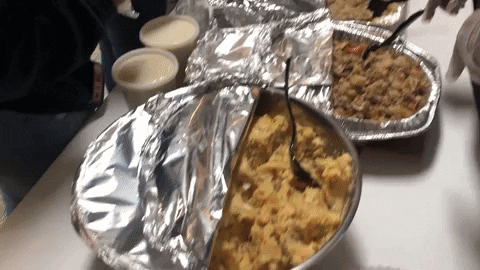 Nhh GIF by New Harmony High School
Nhh GIF by New Harmony High School